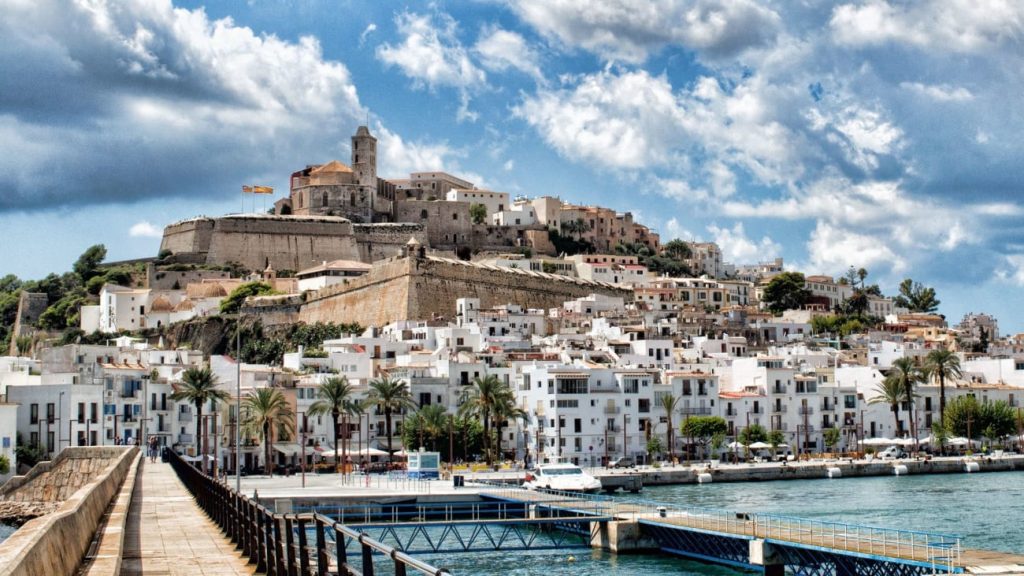Over the past seventy years, Ibiza has evolved from a humble agricultural island into a top-tier global tourist hotspot, drawing nearly 15 million visitors in 2023 alone. While tourism fuels 80% of the island’s economy, Ibiza tourism impact sparks protests from residents, who protested in late May against the overwhelming influx of tourists and demands for sustainable solutions.
Given its limited size, Ibiza has faced numerous challenges due to the dramatic rise in tourism in recent years, affecting the local community that relies on the island’s resources.
A movement called Prou Eivissa (“Enough of Ibiza”) rallied around 25,000 people across key locations in the Balearic and Canary Islands, according to a spokesperson for the Spanish National Police. The group presented several demands:
- Reducing hotel guest capacities to conserve the already limited water supply, which is often used to fill private pools;
- Banning the use of public funds to market Ibiza as a tourist destination; Enacting laws to restrict vehicle rentals by tourists;
- Preventing individuals who haven’t resided on the island for at least five years from purchasing property;
- Controlling and limiting the development of new tourist attractions.
To illustrate the severity of the situation, there are frequent reports of essential workers, such as nurses and police officers, being forced to live in cars and trailers due to the high cost of housing. Additionally, medical services have been delayed because doctors cannot afford to live on the island.
“With fewer apartments available, prices skyrocket. The basic principles of supply and demand have completely collapsed… More tourists and more tourist properties (than residents) mean that additional workers from outside are needed to staff shops, bars, and restaurants,” said Rafael Giménez, spokesperson for Prou Eivissa.
“Ibiza tourism impact sparks protests and demands for sustainable solutions.”
Tourism currently accounts for 45% of Ibiza’s GDP. However, the influx of visitors has led to crowded streets, environmental damage, and the replacement of affordable housing with luxury rentals. Residents are pushing for a balance between accommodating tourists and maintaining their quality of life through sustainable tourism practices.
It’s important to note that Ibiza’s government has already implemented several measures to regulate local tourism. These include banning the consumption and sale of alcohol on the streets from 9:30 PM to 8:00 AM and imposing fines of up to £10,000 for those arriving on the island without proof of accommodation.
For more updates on the global electronic music market, visit the Climax Play news page.





